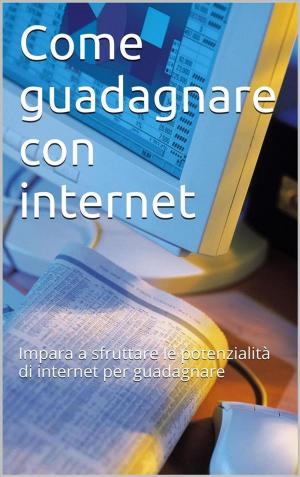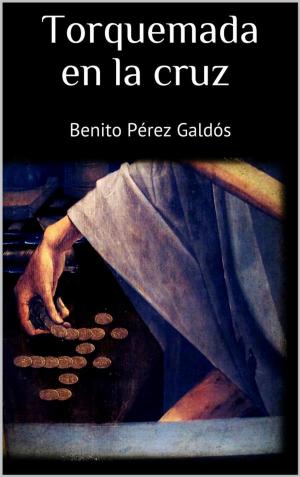Historical materialism and the economics of Karl Marx
Nonfiction, Religion & Spirituality, Philosophy| Author: | Benedetto Croce | ISBN: | 9788827526941 |
| Publisher: | Skyline | Publication: | December 3, 2017 |
| Imprint: | Language: | English |
| Author: | Benedetto Croce |
| ISBN: | 9788827526941 |
| Publisher: | Skyline |
| Publication: | December 3, 2017 |
| Imprint: | |
| Language: | English |
It is often said that it is the business of philosophy to examine and criticise the assumptions of the sciences and philosophy claims that in this work it is not an unnecessary meddler stepping in where it is not wanted. For time and again for want of philosophical criticism the sciences have overstepped their bounds and produced confusion and contradiction. The distinction between the proper spheres of science and history and moral judgment is not the work of either science or history or moral judgment but can only be accomplished by philosophical reflection, and the philosopher will justify his work, if he can show the various contending parties that his distinctions will disentangle the puzzles into which they have fallen and help them to understand one another. The present state of the controversy about the value of the writings of Karl Marx obviously calls for some such work of disentangling. No honest student can deny that his work has been of great historic importance and it is hard to believe that a book like Das Kapital which has been the inspiration of a great movement can be nothing but a tissue of false reasoning as some of its critics have affirmed. The doctrine of the economic interpretation of history has revivified and influenced almost all modern historical research. In a great part of his analysis of the nature and natural development of a capitalist society Marx has shown himself a prophet of extraordinary insight. The more debatable doctrine of the class war has at least shown the sterility of the earlier political theory which thought only in terms of the individual and his state. The wonderful vitality of the Marxian theory of labour value in spite of all the apparent refutations it has suffered at the hands of orthodox political economists is an insoluble puzzle if it had no more in it than the obvious fallacy which these refutations expose. Only a great book could become 'the Bible of the working classes.'
It is often said that it is the business of philosophy to examine and criticise the assumptions of the sciences and philosophy claims that in this work it is not an unnecessary meddler stepping in where it is not wanted. For time and again for want of philosophical criticism the sciences have overstepped their bounds and produced confusion and contradiction. The distinction between the proper spheres of science and history and moral judgment is not the work of either science or history or moral judgment but can only be accomplished by philosophical reflection, and the philosopher will justify his work, if he can show the various contending parties that his distinctions will disentangle the puzzles into which they have fallen and help them to understand one another. The present state of the controversy about the value of the writings of Karl Marx obviously calls for some such work of disentangling. No honest student can deny that his work has been of great historic importance and it is hard to believe that a book like Das Kapital which has been the inspiration of a great movement can be nothing but a tissue of false reasoning as some of its critics have affirmed. The doctrine of the economic interpretation of history has revivified and influenced almost all modern historical research. In a great part of his analysis of the nature and natural development of a capitalist society Marx has shown himself a prophet of extraordinary insight. The more debatable doctrine of the class war has at least shown the sterility of the earlier political theory which thought only in terms of the individual and his state. The wonderful vitality of the Marxian theory of labour value in spite of all the apparent refutations it has suffered at the hands of orthodox political economists is an insoluble puzzle if it had no more in it than the obvious fallacy which these refutations expose. Only a great book could become 'the Bible of the working classes.'















